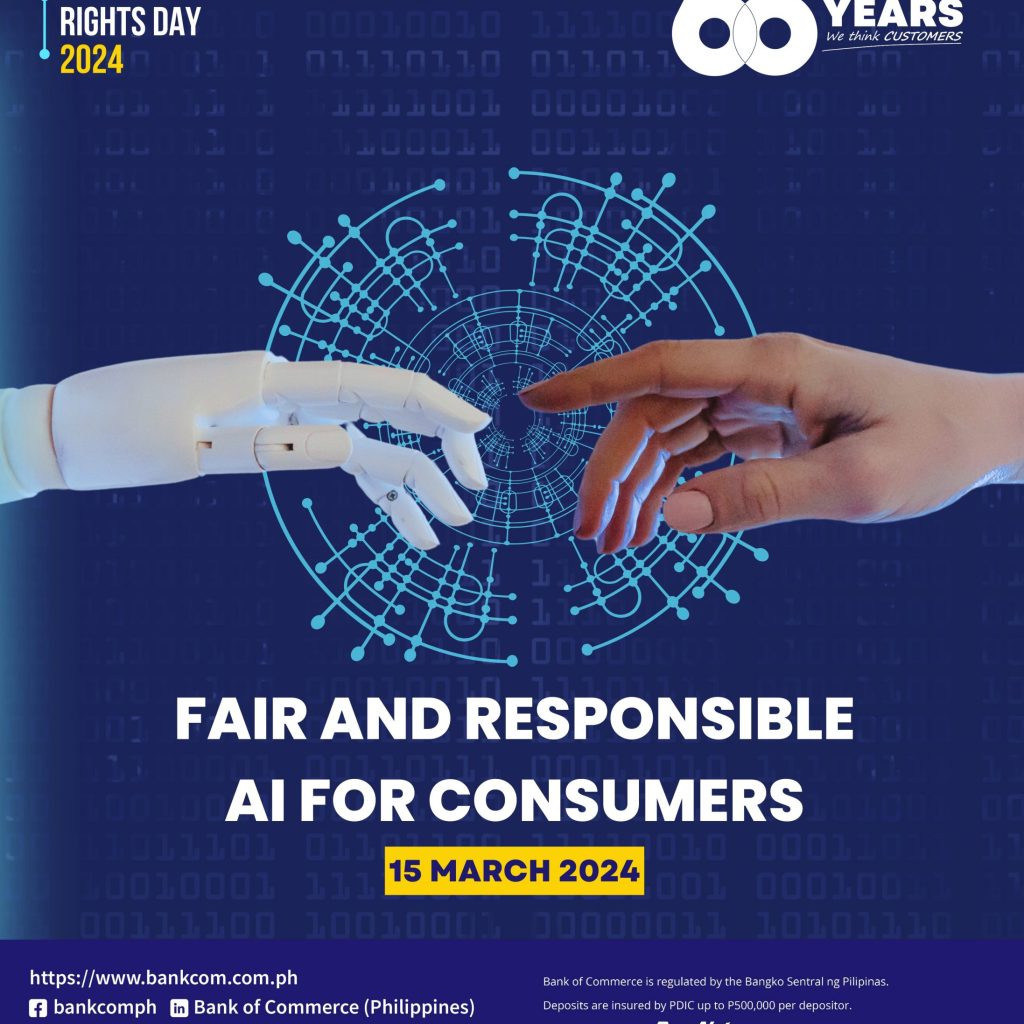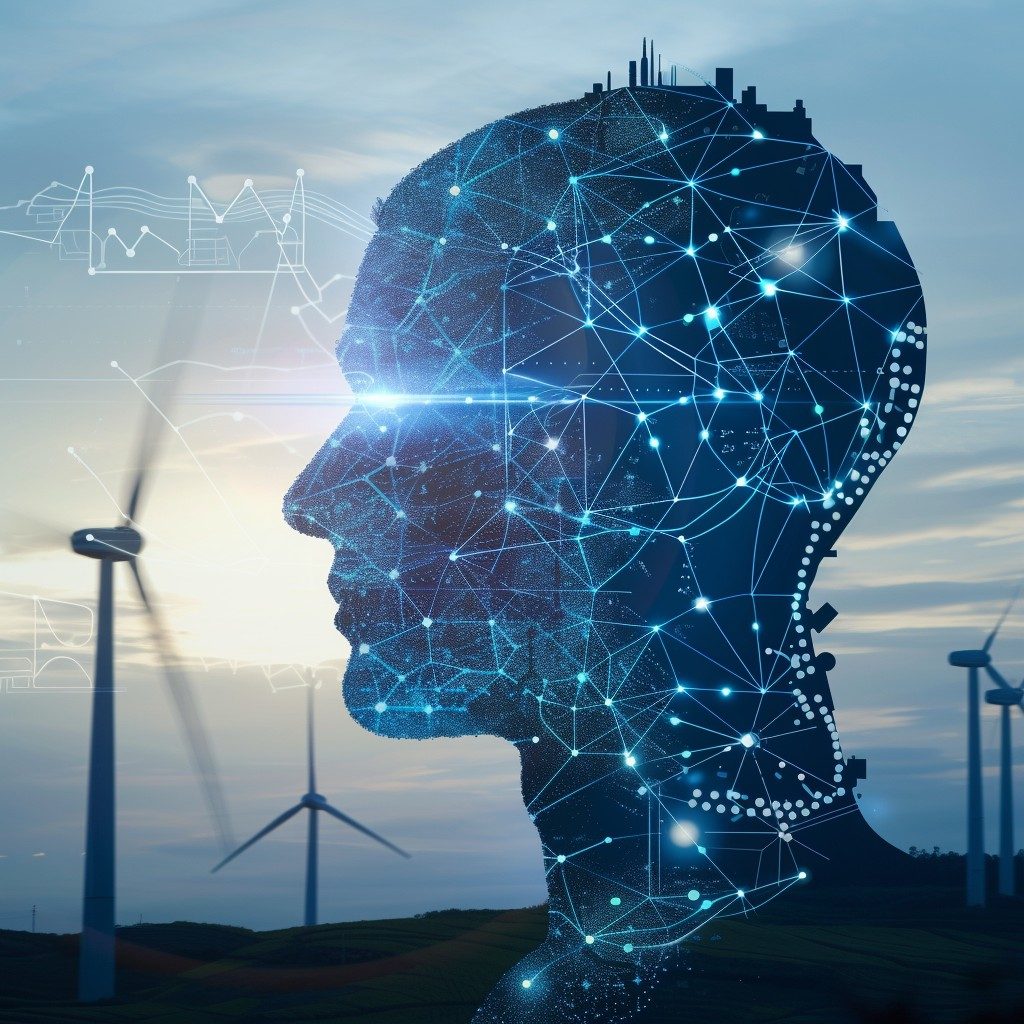The U.S. Copyright Office (USCO) recently made a decision that has significant implications for the world of AI-generated art. The office ruled that an artwork titled “Théâtre d’Opéra Spatial,” which won the top prize at the Colorado State Fair, was not eligible for copyright protection. The reason cited was that the artwork “lacks human authorship” and therefore falls outside the scope of copyright law, which traditionally excludes works produced by non-humans. This decision has added to a series of challenges faced by AI artists seeking copyright protection for their creations.
The artwork in question was created by artist Jason Allen, who emphasized his role in the creative process. Allen stated that he used an AI tool called Midjourney to generate the artwork but played an active part in its creation. He entered prompts, adjusted the scene, selected specific elements to focus on, and dictated the tone of the image. Despite his clear involvement, the USCO’s ruling highlights the ongoing debate surrounding the authorship of AI-generated works.
A trend of copyright challenges
The case of “Théâtre d’Opéra Spatial” is not an isolated incident. In February, the USCO granted and subsequently withdrew protection for “Zarya of the Dawn,” a comic book created by Kristina Kashtanova using AI technology. Computer scientist Stephen Thaler has also faced numerous copyright claims rejections for his AI-generated artwork in the U.S. and other countries. These challenges raise concerns about the future of AI-generated art and intellectual property protection in this emerging field.
The USCO’s reluctance to grant copyright protection for AI-generated art could have far-reaching consequences for the digital art community. Stephen Thaler, a computer scientist and AI artist, expressed concern that this trend might lead to “orphaned art” and hinder the protection of intellectual property. The lack of legal protection for AI-generated works could potentially create confusion and disputes over authorship.
In March, the USCO introduced a new rule regarding AI-generated work and copyright. According to this rule, AI-generated work can be eligible for copyright protection if a human can demonstrate that they contributed a “meaningful” amount of creative effort to the final content. This rule aims to strike a balance between recognizing human involvement and acknowledging the role of AI in the creative process.
While the new rule appears reasonable, it leaves open the question of what constitutes a “meaningful amount” of human creative effort. Katarina Feder of the Artists Rights Society believes that this definition will become clearer in the coming years as more cases are evaluated. Determining the extent of human contribution in AI-generated art is a nuanced issue that requires careful consideration.
International perspectives on AI Art copyright
At the international level, the Berne Convention for the Protection of Literary and Artistic Works focuses on protecting the “author.” However, it does not provide a specific definition of “author.” In European Union copyright law, there is no clear definition of “author” either, but case law has established that only human creations receive protection. This international framework raises questions about the status of AI-generated art and the concept of authorship.
The discussions surrounding AI-generated art often revolve around the question of what it means to be human. Tina Tallon, a musician and expert in AI’s use in music, highlights the need to define human authorship and the extent to which AI tools can be utilized before the human contribution becomes negligible. This blurred boundary between human and AI creativity adds complexity to the copyright debate.
Samantha Moore, the in-house counsel for the Artists Rights Society, points out a significant concern in copyright hearings: the lack of artists’ representation. She notes that most panelists involved in these discussions are not artists, which raises concerns about the fairness and understanding of AI-generated art within the legal framework. Artists often find themselves on the periphery of these discussions, despite being directly affected by copyright rulings.
The complexities of copyright in AI-generated art are further exemplified by the case of Audrey Kim, an artist who trained an AI neural network on the music of composer Philip Glass. This project led to intricate discussions about rights and ownership. Kim’s team had to negotiate with Glass’s publishing company to gain approval for using his music as training data for the AI. The resulting rights arrangements set a precedent for how AI-generated content is partitioned and who retains ownership.





